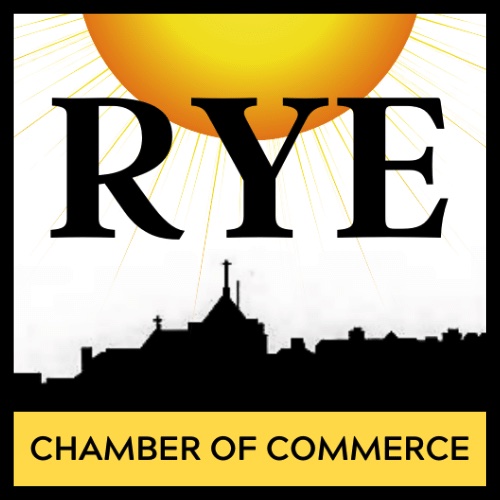In what will be the last budget before the next general election, the chancellor set out some major tax and spending plans, but what are the announcements that will really impact on our town’s small and medium-sized businesses?
While the extension of the alcohol duty will be welcomed by our pubs, restaurants and hoteliers, it doesn’t provide the support for our hospitality businesses that is so urgently needed. Faced with rising costs, high energy bills, wage rises and recruitment issues – alongside reduced footfall due to consumers facing their own cost of living challenges, the industry needs much more meaningful investment. The hospitality sector is one of the UK’s leading employers and contributes more than £93bn to the economy but in the current climate it is becoming increasingly challenging for small hospitality businesses to remain profitable and survive.
We already knew from the autumn statement that business rates relief for tourism and leisure would continue, with the multiplier for small premises remaining frozen, but this doesn’t resolve the business rates problem overall. UK Hospitality had called for this budget to introduce a cap on business rates increase at 3% rather than the standard multiplier to rise by 6.7% from April, but this wasn’t addressed at all in the budget. Figures from the British Chambers of Commerce suggest that 38% of businesses in their first survey of 2024 are now paying more business rates following the 2023 re-evaluation. This tax is one that urgently needs reform so that it incentivises growth rather than inhibiting it.
With this week’s budget the chancellor has made a token gesture in upping the threshold for VAT registration for the first time in seven years. The tipping point now stands at £90,000 where previously it was £85,000. While this is welcome, it doesn’t address the fundamental problem with VAT, it simply shifts the goalposts slightly. A tapered system of VAT would be favoured by many small and medium-sized enterprises (SMEs) allowing their businesses to grow organically and steadily with an entry level of VAT being charged at the point of threshold, rising slowly to 20% as the business itself grows. The British Chambers of Commerce had called for the chancellor to use this budget to restart the VAT registration review which hasn’t happened. It should also be noted that UK Hospitality has long been lobbying the government on the reduction of VAT to 12.5% for the hospitality and tourism industry – something our town would undoubtedly benefit from.
The abolition of the furnished holiday lettings regime will help level the playing field in a town heavily dominated by Airbnbs as it will no longer be more advantageous for second homeowners to let our their properties to holiday makers rather than to long-term tenants.
You will draw your own conclusions according to your type of business but the chamber’s view is that this is tinkering at the edges. That said some of the tinkering is welcome, even a long overdue VAT threshold lift.
Image Credits: Rye Chamber of Commerce .



